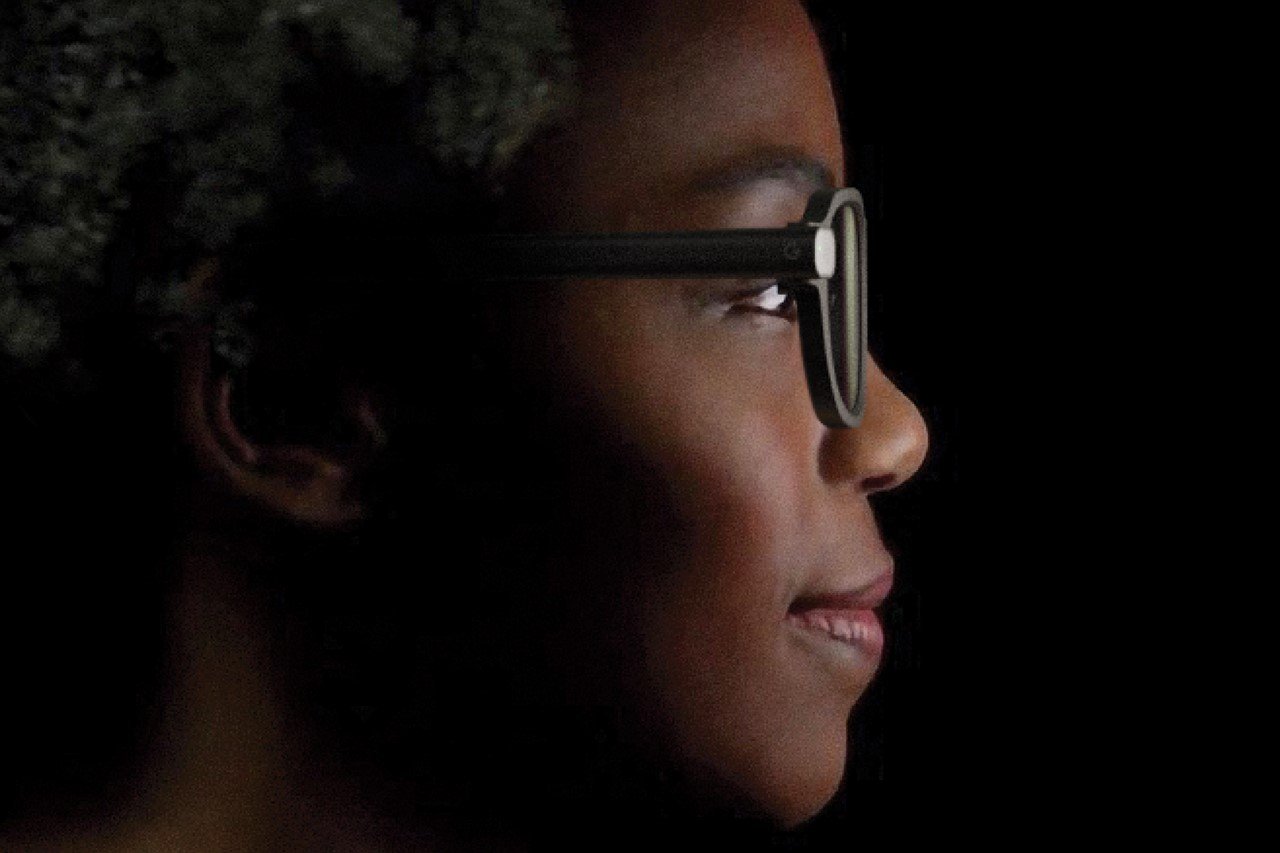This Google Glass 2022 concept makes up for all the mistakes Google made with its original AR glasses
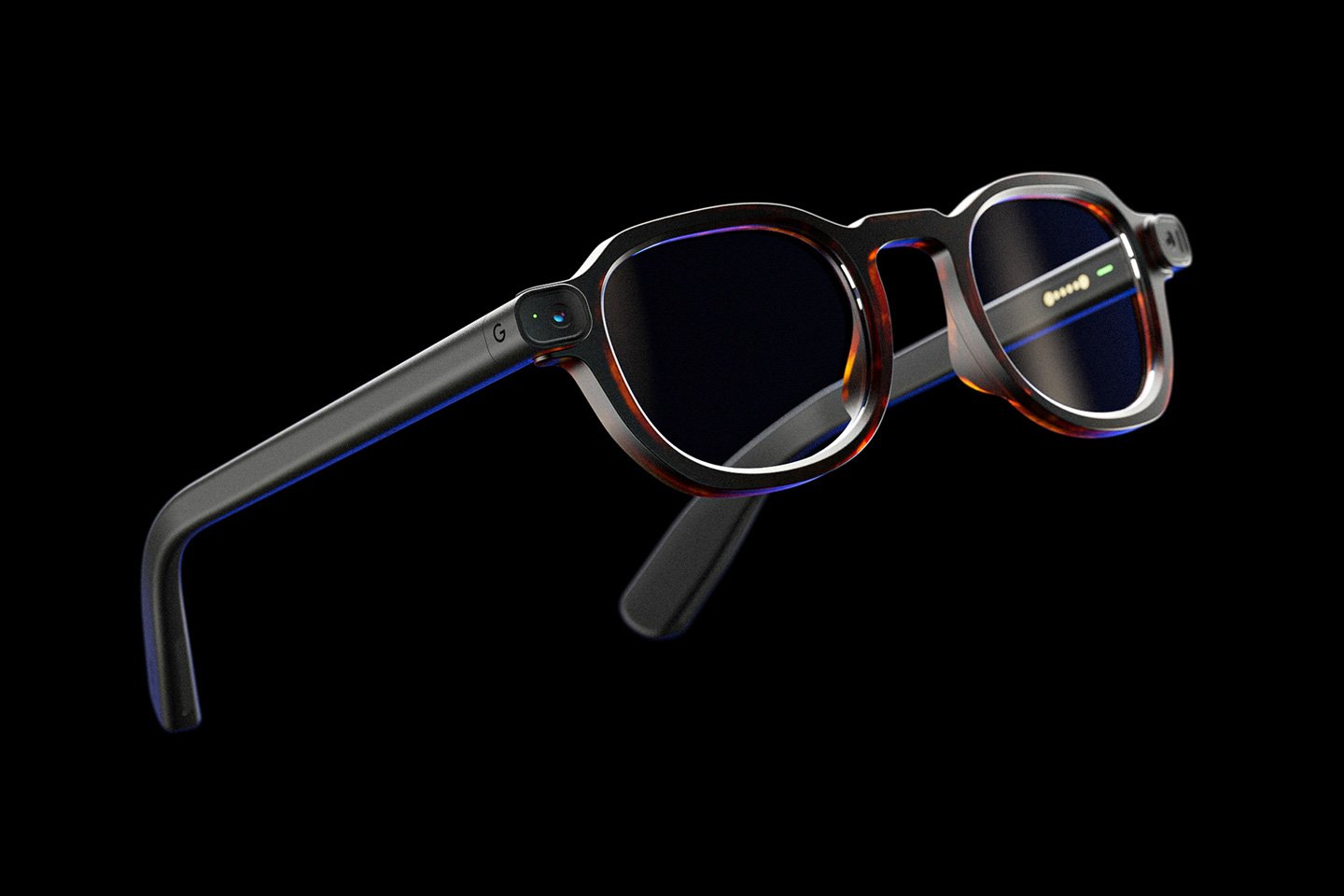
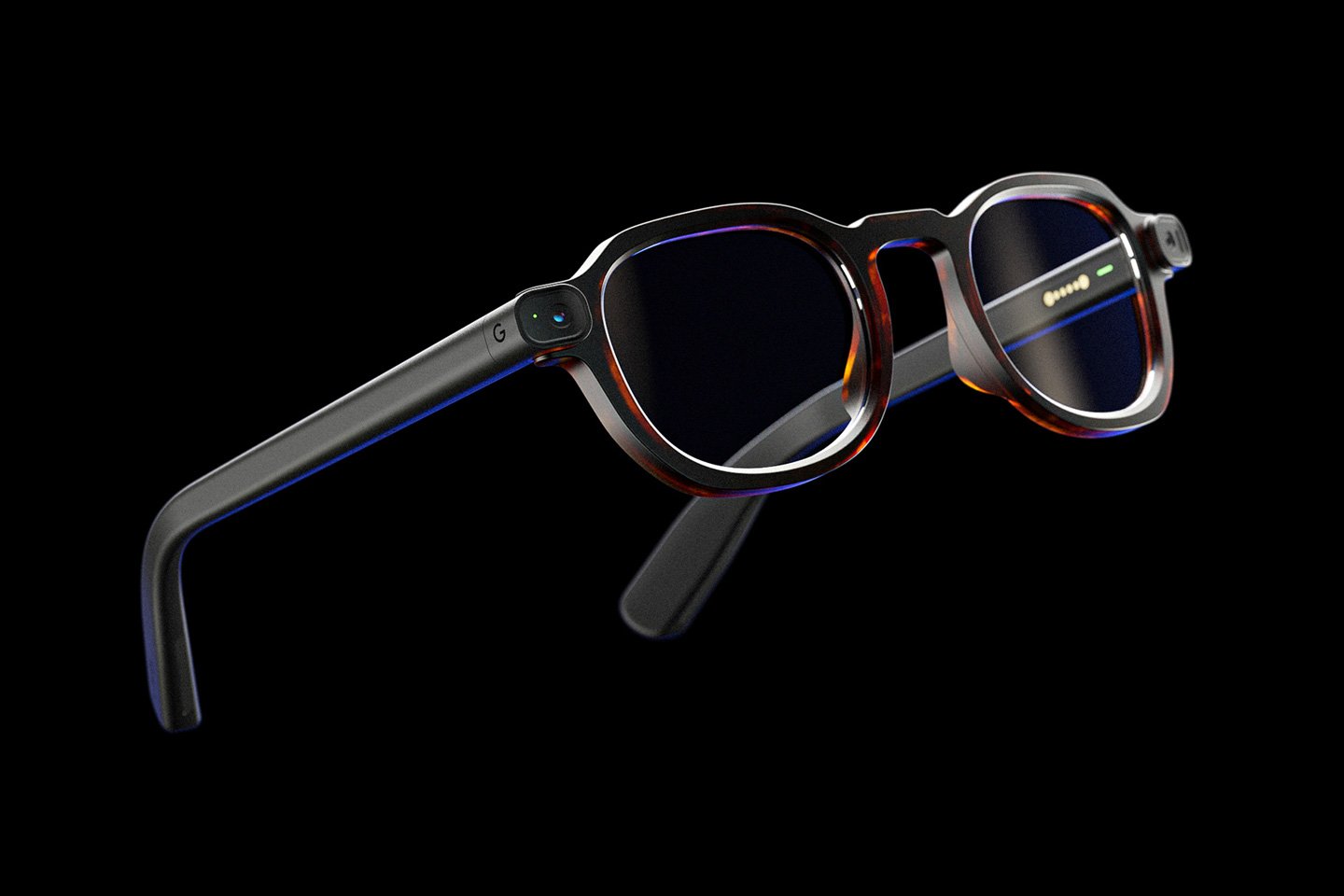
Can you believe it’s been nearly 10 years since Google debuted the Glasses, its stab at AR and the Metaverse long before it even occurred to Mark Zuckerberg? Although the original Google Glasses were geeky and limited in functionality, they looked ridiculous enough to be doomed. But a lot has changed since then. Snap and Facebook have both made tech-infused glasses. Xiaomi announced Augmented Reality glasses at the very least, while rumours swirl about Apple working on and being near to announcing AR Glasses. Given that the time is opportune for Google to renew its efforts in this space, this concept revisits the weirdly clunky Google Glass from 2013… but in an infinitely classier avatar.
Designer: Gokul Beeda
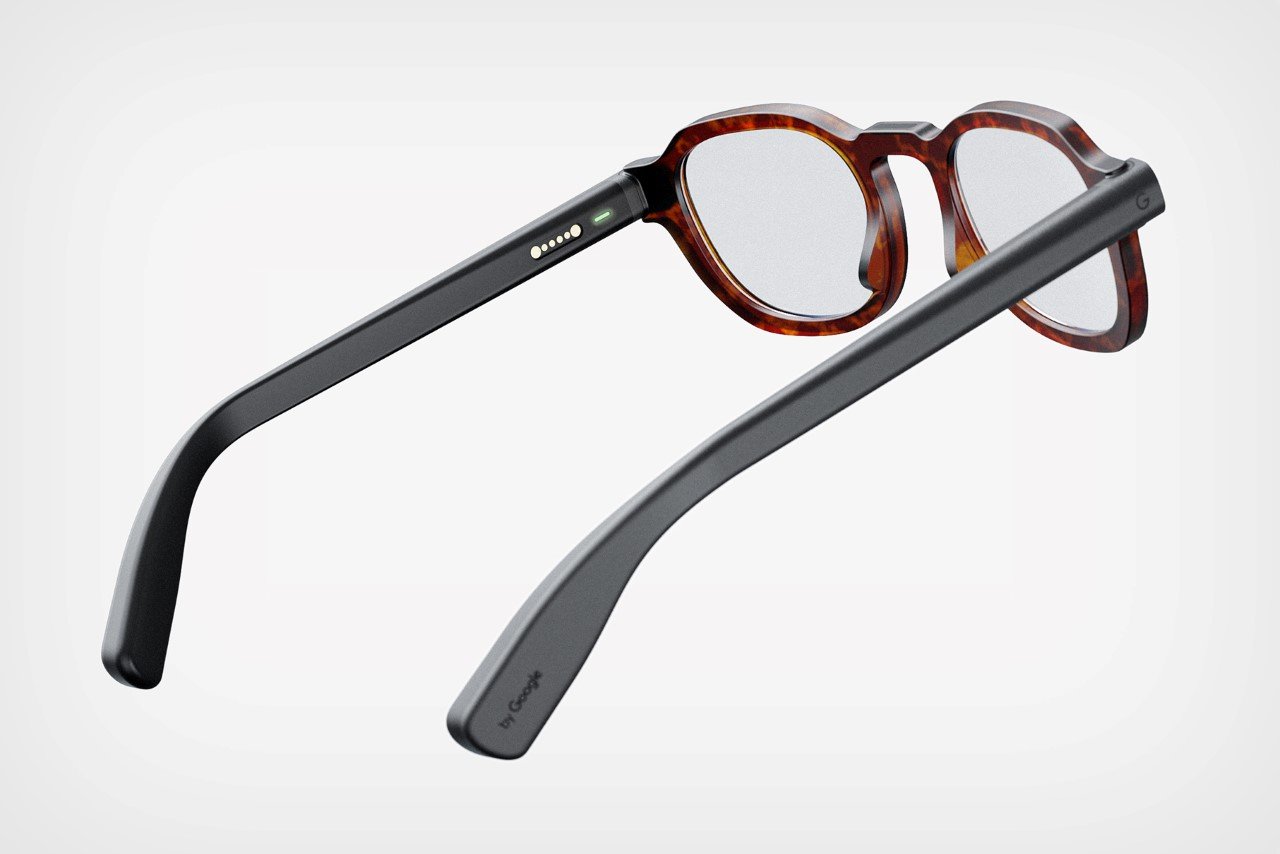
This little model is called the Google XR Glasses Concept. It features a pair of neo retro acetate glasses with a thick design which cleverly hides all tech. 10 years later, this revised concept seems to get the fact that wearable tech needs to imitate wearable fashion. Bluetooth headsets look like a strange artifact from the 2010 Wall Street era, but the AirPods with their classy design do not. In that very vein, the Google XR Glasses look like your average pair of acetate frames – the design looks incredibly slim and cohesive, but there’s a clear separation between the aesthetic part of the glasses, and the tech part. In this instance, the aesthetic portion of the glasses lies on the front and the molded acetate design. The tech, however, sits entirely in the temple stems, not conflicting with the overall visual appeal of the glasses.
While the 2013 Google Glasses looked a lot like a nerdy visual distraction, the 2022 Google XR Glasses concept looks just as classy as your average hipster frames.
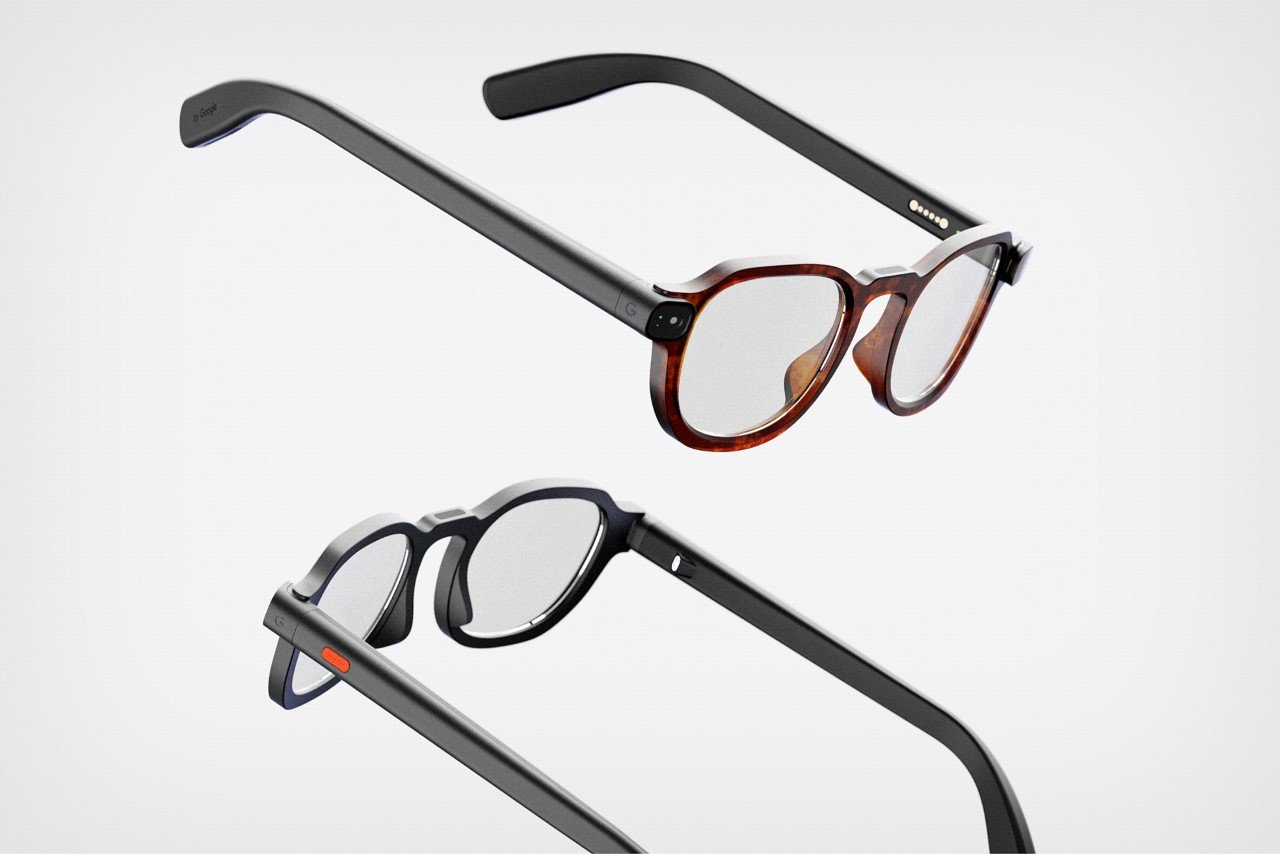
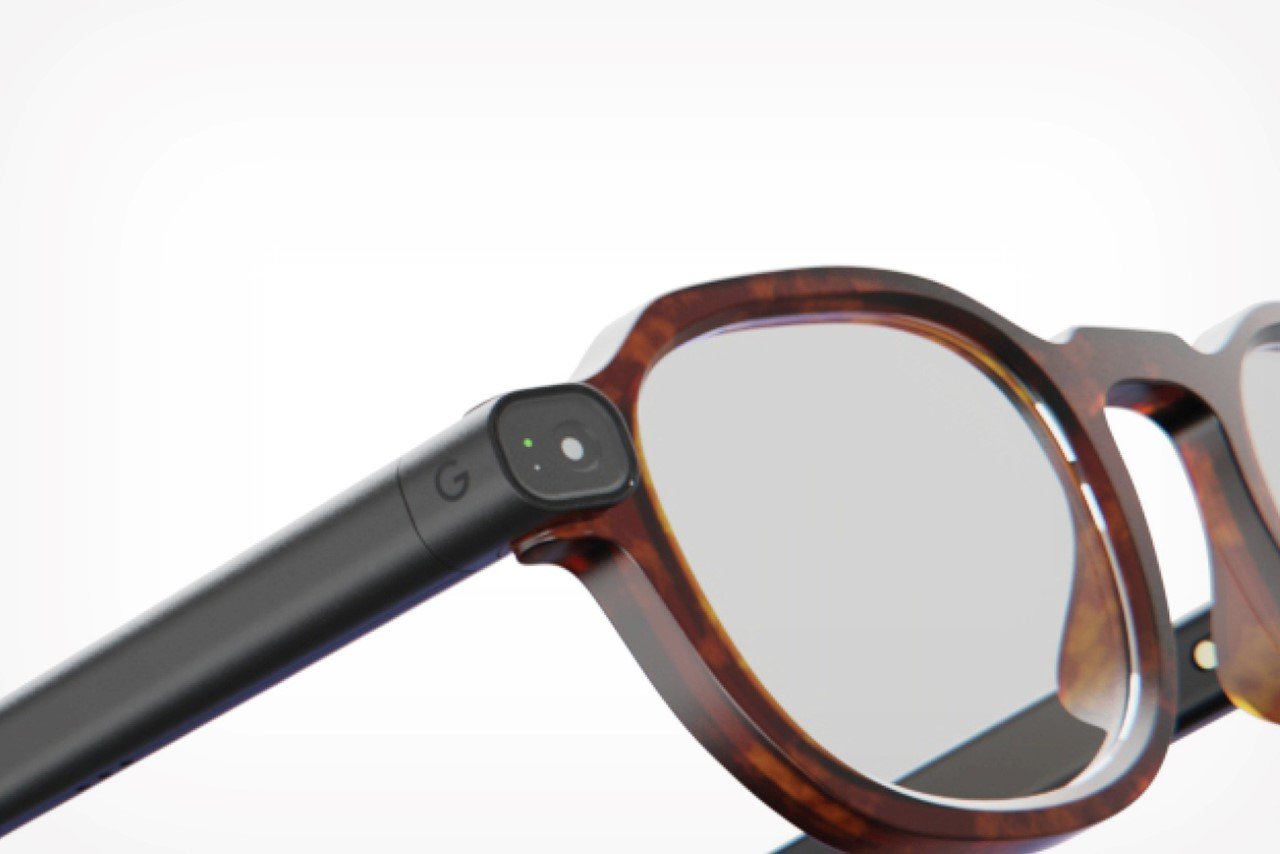
What this 2022 Google XR Glasses concept gets right, more so than the aesthetic, is the marriage of tech. Back in 2013, when Google debuted their first edition of the Glass, it wasn’t really even meant for public sale. Although it was intended to be a proof of concept, the Glass had an extremely small HUD crystal and a very insignificant camera. It also featured a limited app ecosystem. The audience was hesitant to respond to this sales pitch. Google could not make compelling claims to customers about why the Glass is necessary, and it joined the ever-growing list of Google products/services that were axed by the company because it ‘got bored’. (Fun Fact: Ever since its inception, Google’s killed more than 260 of its products/services)
So what did I mean when I said ‘marriage of tech’ in my earlier (slightly disparaging) paragraph? Well, for starters, Google has, in the past decade, really beefed up its hardware and software chops. Its Pixel Tensor chip’s received a fair bit of praise, the ARCore forms the bedrock of all of Android’s AR endeavors, and finally, Google’s Soli chip (which was briefly introduced in Pixel 4) proves to be the biggest ‘secret sauce’ when it comes to gesture-based tech… and all these find themselves in the 2022 Google XR Glasses concept.
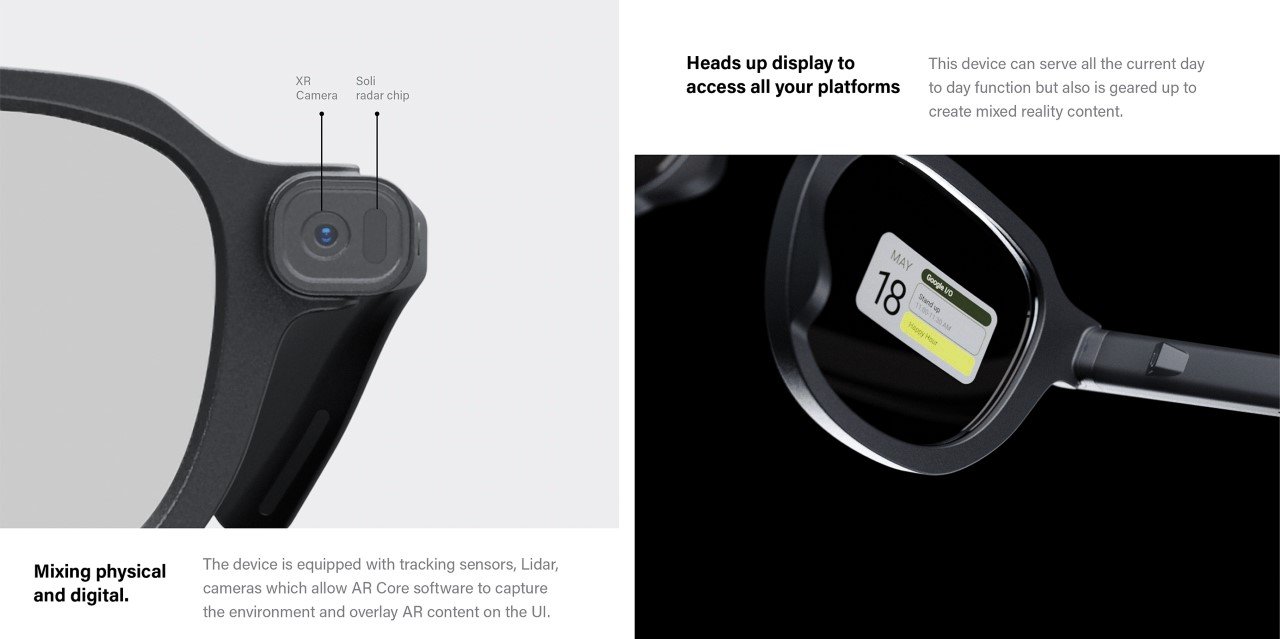
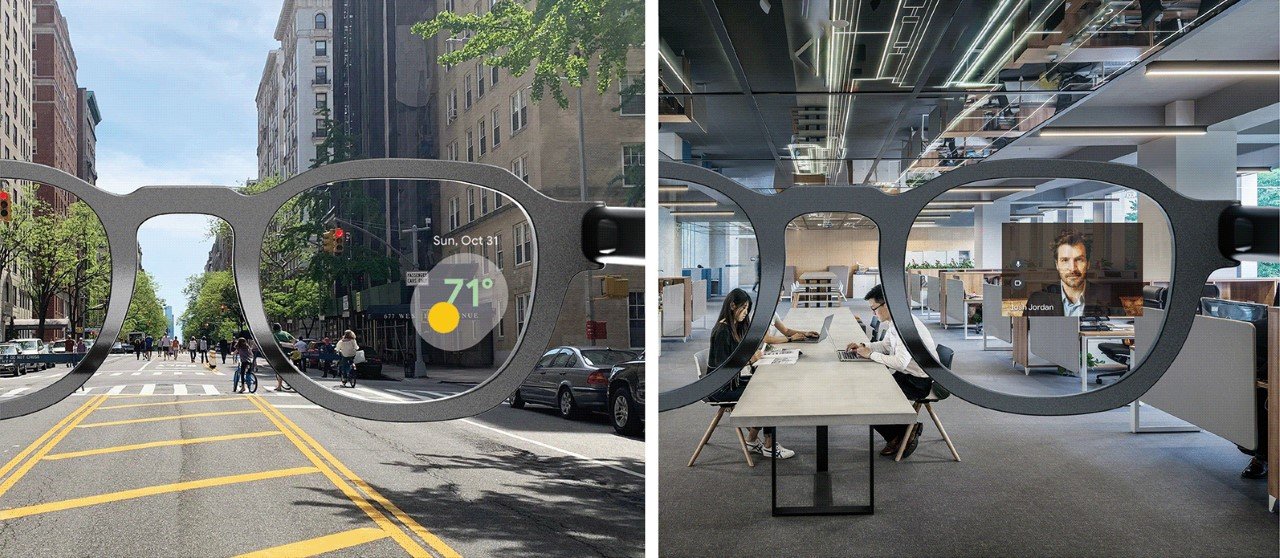
The tech in the glasses is pretty much confined to the temple stems. The temple stems have cameras at the top (providing depth) and Soli sensors to detect gestures such as pinching, tapping, swiping and spinning. The projector is built into the temple stem’s inner, and the digital elements can be projected onto the Google XR Glasses lenses. The actual tech is still in development. However, the fact that these aren’t special lenses makes it possible for people to have prescription-powered lenses in their Google XR Glasses.
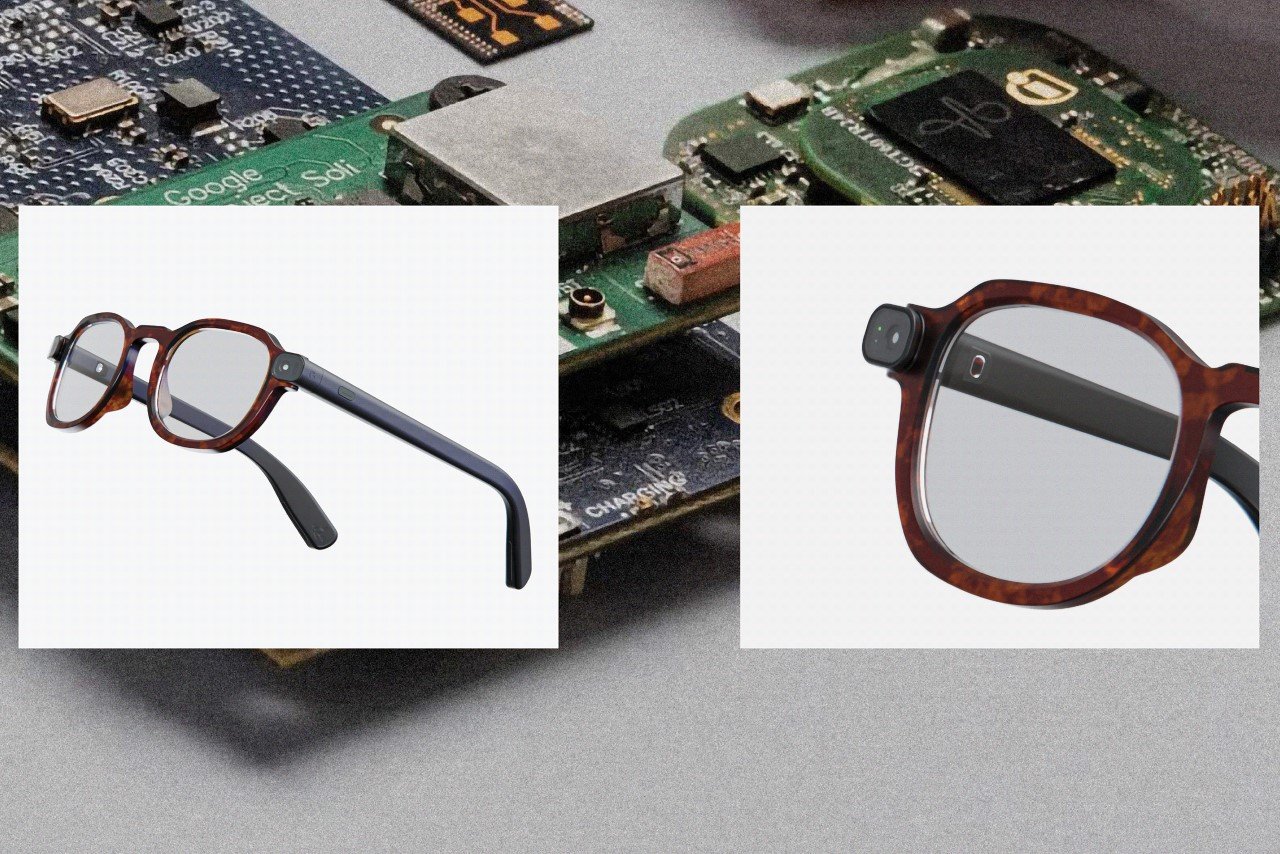
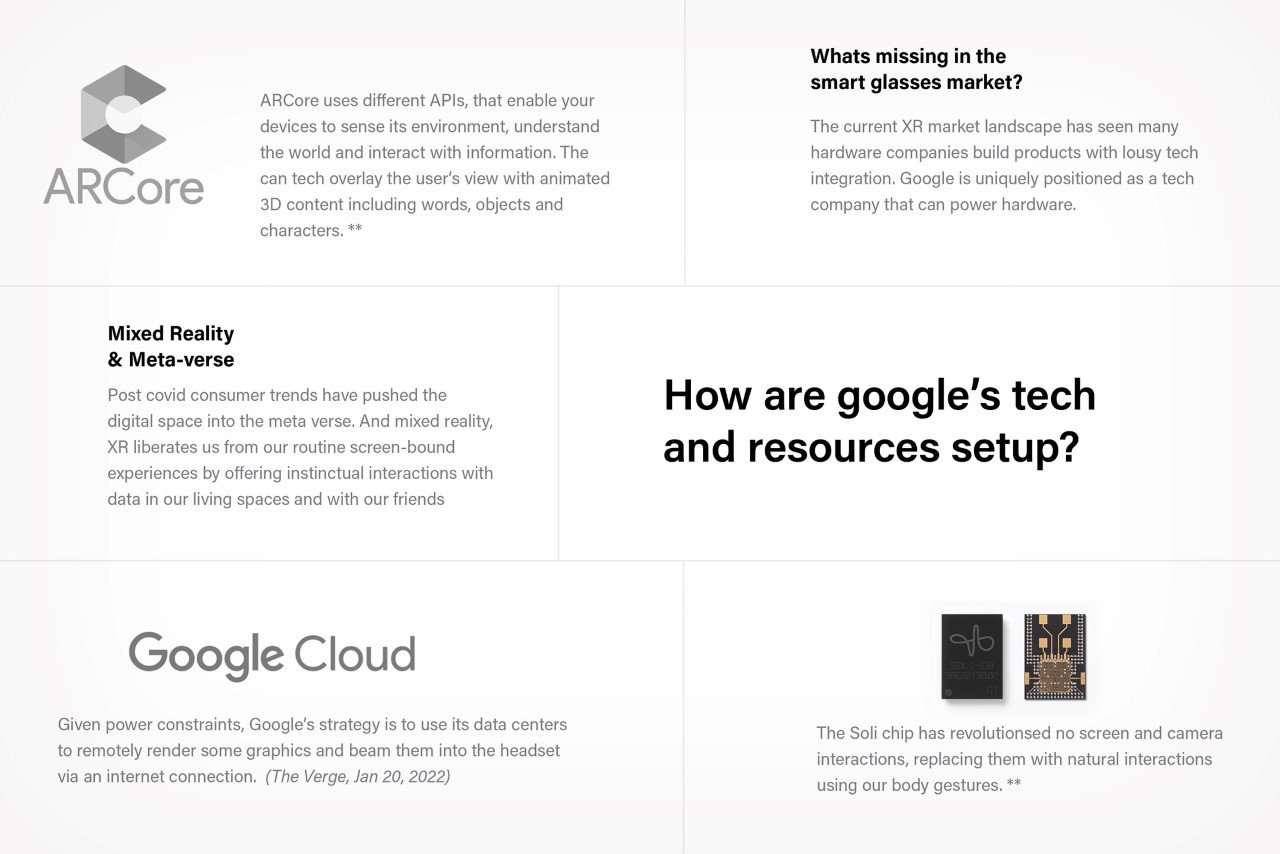
This honestly seems like the perfect storm for Google to re-enter a market they almost accidentally created. The Google Glasses pre-dated any AR headset, and were launched just a year after Oculus debuted their first-gen Rift headset in 2012. Google was a key contributor to the Metaverse’s first spark, yet it seems that now, despite Microsoft and Apple battling for supremacy in the field, Google is content to operate without the Metaverse. In this opportune moment, do you think Google should jump into the battlefield and flex its hardware and software capabilities? Should Google just let this opportunity pass, as it did with Waymo and Project Ara? Or can they continue to ride the storm like Waymo, Project Ara or the Nexus tablet. The Pixelbook, Chromecast and Chromecast are all great examples of Google’s hardware capabilities.

